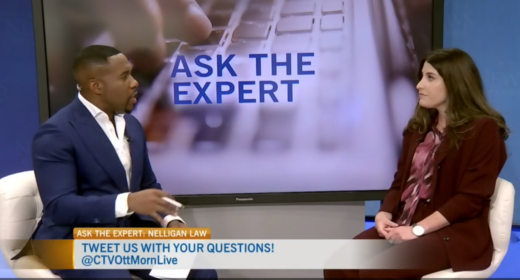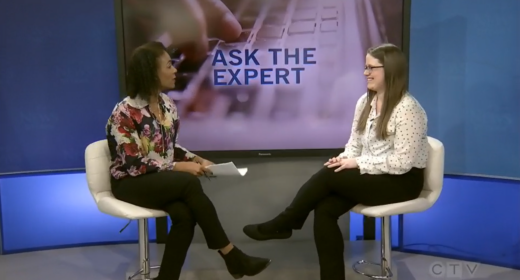In my world of estate planning, I do not often come across the people that my clients enter into relationships with later in life after their spouses die. In fact, these people almost never cross the threshold of my office. But the existence of the "next relationship" remains a key element in the minds of many of my clients in the planning and preparation of their wills.
Picture this scenario, if you will. A couple in their late seventies comes to my office to revise their estate plan. All seems normal. They own their own house and cottage. They have a large investment portfolio and three children, each of whom is well educated and independent of their parents, seemingly wanting for nothing.
Then one spouse asks me "what about the next person my spouse has a relationship with?" "What person?" I ask. The spouse who asked the question immediately responds that it is the parasitic freeloader who is no doubt going to track their spouse down after they die and take all of the money that they are going to be leaving them; money that should have gone to their children. Suddenly the other spouse, trying to change the subject, springs into action and says "don't worry, I'll likely die first." It is going to take all my estate planning skills to bring this problem to rest.
The first solution I offer is mutual wills. Both of the spouses make mirror Wills in which they leave their entire estates to the other, failing which they also agree that the wills, which they are executing together on the same day at the same time and place, shall not be changed following the death of one of them. To support this commitment in the wills, a short domestic contract can be drafted between them which, under the provisions of the Family Law Act, supersedes the effect of their respective wills and binds their estates to follow the plan which is set out in the Wills. In this way, the domestic contract governs the terms of the will and the whole estate that remains after the death of the last survivor will pass to their children.
It is at this moment that questioning spouse raises the "next relationship" issue again asks me "how do I keep my spouse from spending all the money on the next person they meet after I'm gone?" Even in the absence of any empirical evidence of its future existence, the "next relationship" has now come to be the raison d’être for their estate plan.
Digging deep into my tool box, I come up with my recommendation for a spousal trust. This, in its simplest form, is a trust created by the will of each of them for the other spouse into which the estate trustee can bequeath assets which are then held in the spousal trust. The condition of this spousal trust, which is called a qualified spousal trust or QST, is that all of the income and the capital in the trust must flow during the lifetime of the surviving spouse to that spouse. When the recipient spouse dies then the trust is wound up in favour of the beneficiaries, who in this case would be the children.
The real virtue of setting up a testamentary spousal trust is that it creates another tax payer who is taxed at the same rate as an ordinary individual filing a tax return. This creation of a new tax payer means that there can be a very beneficial tax-splitting between the spouse who survives and the qualified spousal trust. In most cases, the spouse also acts as the trustee of the spousal trust with complete discretion to distribute the income and the capital of the trust to themselves. This may not work in the context of a situation where the possibility that the surviving spouse will start a new relationship after the other spouse dies is a significant concern, so the suggestion I make to this couple is that the children act as the trustees of their parents' qualified spousal trusts in order to protect them from wasteful spending on any subsequent relationships they may enter into following the other spouse's passing. The children are then enabled to sprinkle out the income and capital of the trust to their surviving parent at a pace and time that they deem appropriate.
When the questioning spouse, still looking for loopholes, declares "but my spouse will still have their own money to spend when I'm gone," I remind them about the gains they have already made in relation to this issue, and they are more comfortable with the plan. Looking across my desk, I see the other spouse has also accepted the plan and we made arrangements to meet again to sign the mutual Wills and domestic contract.
So what happened to the theoretical source of marital discord, aka the next relationship? It lives on as the driving force behind my carefully crafted estate plans.


